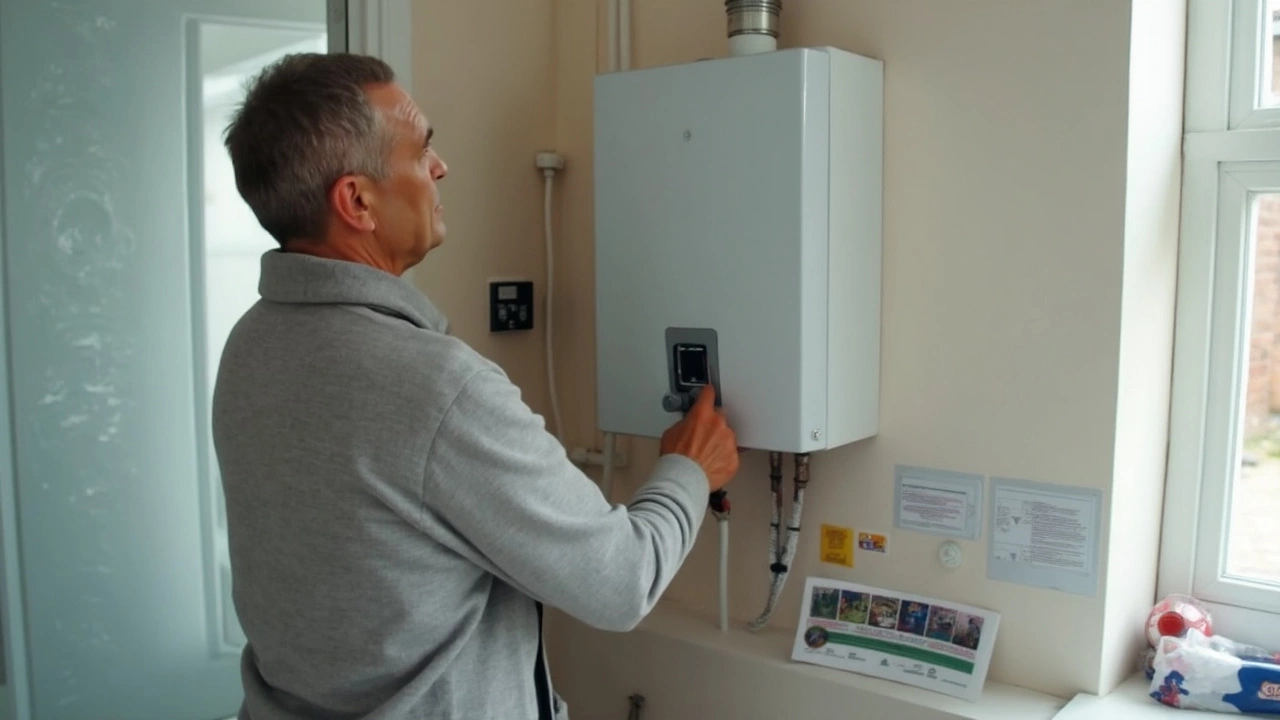If you’ve ever seen a breaker switch trip and wondered what’s going on, you’re not alone. A breaker switch protects your home’s wiring from overloads, short circuits, and fires. When it does its job, you’ll hear a click and lose power to a circuit. That’s a good thing—your wiring stayed safe. But a constantly tripping breaker means something’s wrong and needs attention.
First, locate the breaker panel. It’s usually a metal box mounted on a wall in the garage, basement, or utility room. Inside, each switch controls a specific area: lights, kitchen outlets, the dryer, etc. The switch positions are "On" and "Off," and a tripped breaker sits in the middle or in the "Off" spot.
There are three main reasons a breaker will trip:
When you know the cause, you can decide whether a quick reset will work or if you need a professional.
Before you touch anything, turn off any devices on the affected circuit. Then follow these steps:
If the breaker stays on after the reset, you’ve probably cleared a temporary overload. If it trips again immediately, stop using the circuit and get a pro to inspect the wiring.
Here are a few common breaker‑related posts you might find helpful:
Remember, a breaker is a safety device, not a convenience switch. Ignoring repeated trips can lead to overheating wires and serious fire hazards. When in doubt, call a qualified electrician—especially if you suspect a short circuit or ground fault.
Keeping your breaker panel tidy, labeling each switch, and avoiding overloads will save you time and keep your home safe. Got a breaker that trips often? Follow the steps above, and if the problem persists, let the pros handle it. Stay safe and keep the power flowing!
Posted by
Orin Trask
0 Comments

Ever wondered if you really need to flip the breaker to reset your water heater? This article breaks down exactly what happens when you reset an electric water heater and why it's sometimes necessary to cut the power first. Find out when you can safely press reset, and when ignoring the breaker could make things worse. Simple, step-by-step tips help you keep your water heater running and your home safe. No guesswork—just clear answers and practical advice.
read more